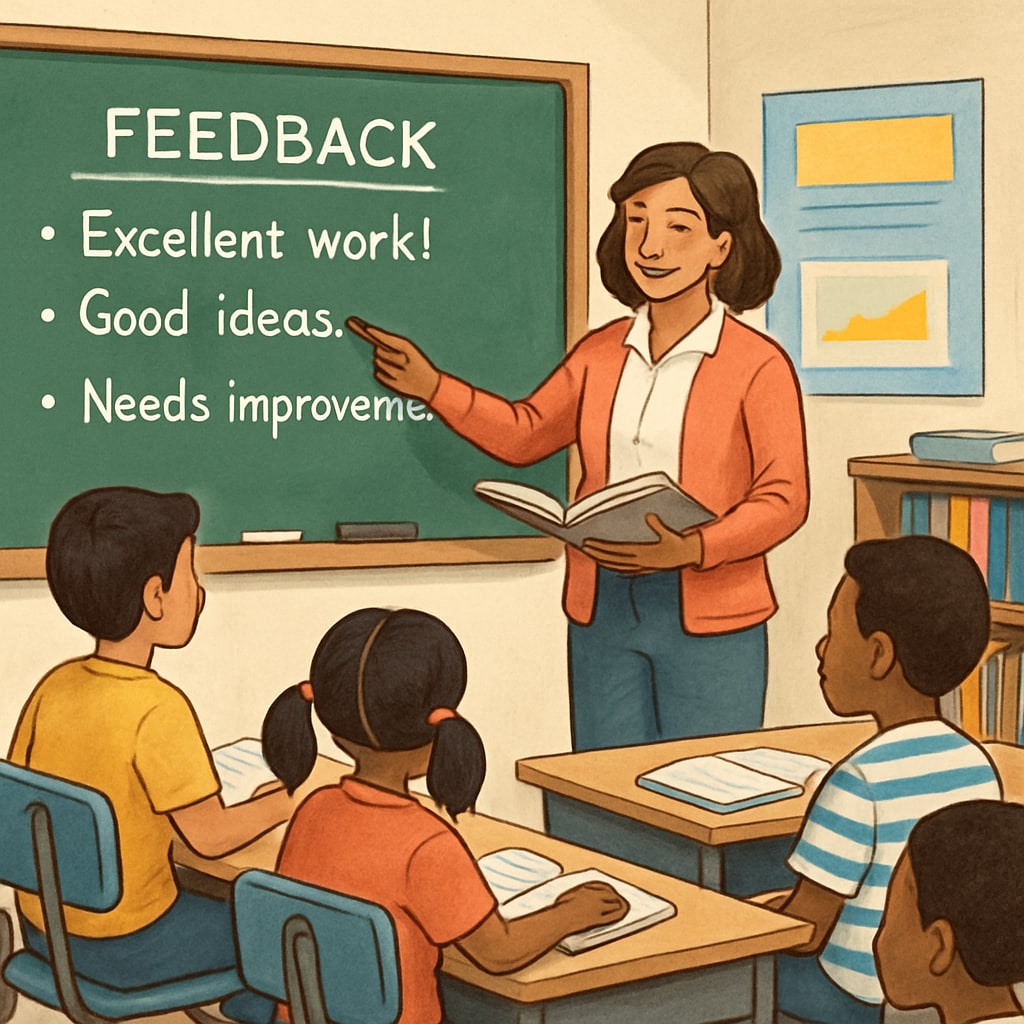In today’s K12 education system, “grades” have become the primary measure of success. However, the reliance on grades as the sole indicator of learning outcomes has significant limitations. This article seeks to explore the drawbacks of traditional grading, propose alternative assessment strategies, and emphasize the importance of real-time tracking in fostering holistic student development.
The Limitations of Traditional Grading
Grades, while convenient, often fail to capture the full scope of a student’s abilities and efforts. They tend to reduce complex learning processes into a single numerical or letter representation, overlooking critical aspects such as creativity, collaboration, and problem-solving skills. Furthermore, grades can perpetuate a culture of competition rather than collaboration among students.
For example, a student who excels in group projects but struggles with timed tests might receive a lower grade, even though their teamwork and leadership skills are exemplary. This misrepresentation can lead to a lack of motivation and self-esteem in students, ultimately hindering their overall development.

Alternative Models for Assessing Learning Outcomes
To address these limitations, educators and policymakers are exploring multi-dimensional assessment models. These frameworks aim to evaluate not just what students know, but how they apply knowledge in real-world contexts. Here are some promising alternatives:
- Portfolio Assessment: Students compile a collection of their work over time, showcasing growth, creativity, and practical application of skills.
- Project-Based Learning (PBL): Assessments are based on the completion of projects that solve real-world problems, emphasizing critical thinking and collaboration.
- Peer and Self-Assessment: Encouraging students to evaluate themselves and their peers fosters reflection and accountability.
- Competency-Based Assessment: Students progress upon mastering specific skills or concepts, ensuring a deeper understanding of the material.
These models focus on continuous improvement and provide a richer, more comprehensive picture of a student’s abilities.

The Role of Real-Time Tracking in Modern Assessments
Incorporating real-time tracking technologies can significantly enhance the assessment process. Digital tools and platforms allow educators to monitor student progress on an ongoing basis, providing immediate feedback and identifying areas that need improvement. For instance, learning management systems can track participation, assignment completion, and even emotional engagement through interactive dashboards.
Real-time tracking not only benefits teachers but also empowers students to take ownership of their learning journey. By visualizing their progress, students can set goals, celebrate milestones, and address challenges proactively.
Moreover, real-time data can inform personalized learning plans, ensuring that each student receives the support they need to thrive. This approach aligns with the ultimate goal of education: to nurture well-rounded individuals equipped to succeed in a dynamic world.
Moving Beyond Grades: A Collaborative Effort
Transitioning from a grade-centric system to a holistic assessment model requires collaboration among educators, parents, and policymakers. For this shift to be successful, the following steps are essential:
- Professional Development: Teachers need training to effectively implement and manage alternative assessment methods.
- Parent Involvement: Educating parents about the benefits of these models ensures their support and understanding.
- Policy Reforms: Standardized testing policies must be revised to accommodate diverse assessment approaches.
By working together, stakeholders can create an education system that values the unique strengths of every student and prepares them for lifelong success.
In conclusion, while grades have long been the cornerstone of K12 education assessment, they are no longer sufficient in today’s complex, interconnected world. By embracing multi-faceted, process-oriented evaluation methods and leveraging real-time tracking technologies, we can foster a more inclusive and effective learning environment. It’s time to move beyond grades and focus on what truly matters: the holistic development of our students.
Readability guidance: Short paragraphs and lists summarize key points; long sentences and passive voice are minimized. Transition words (however, therefore, for example) are used to ensure smooth flow.


